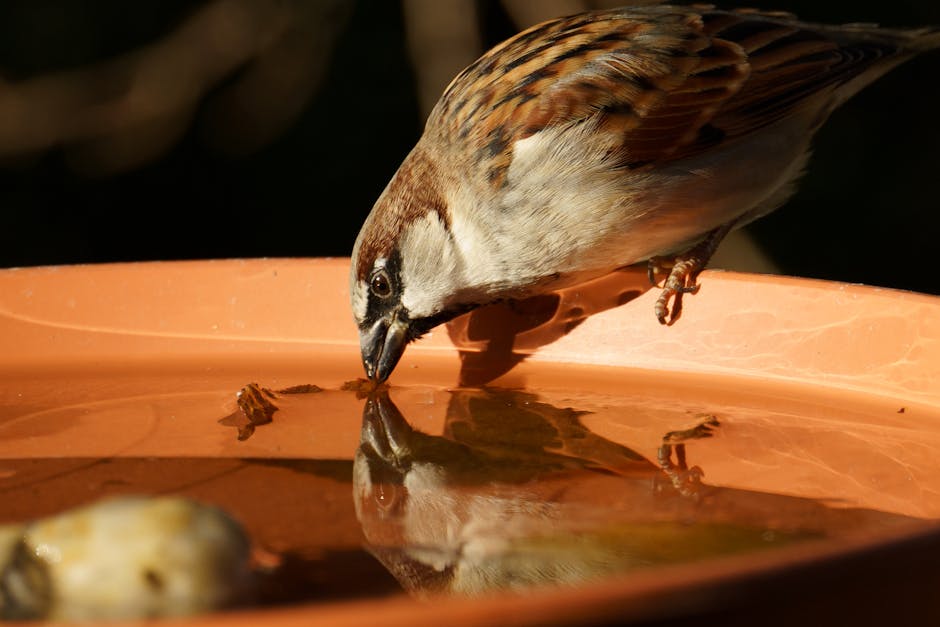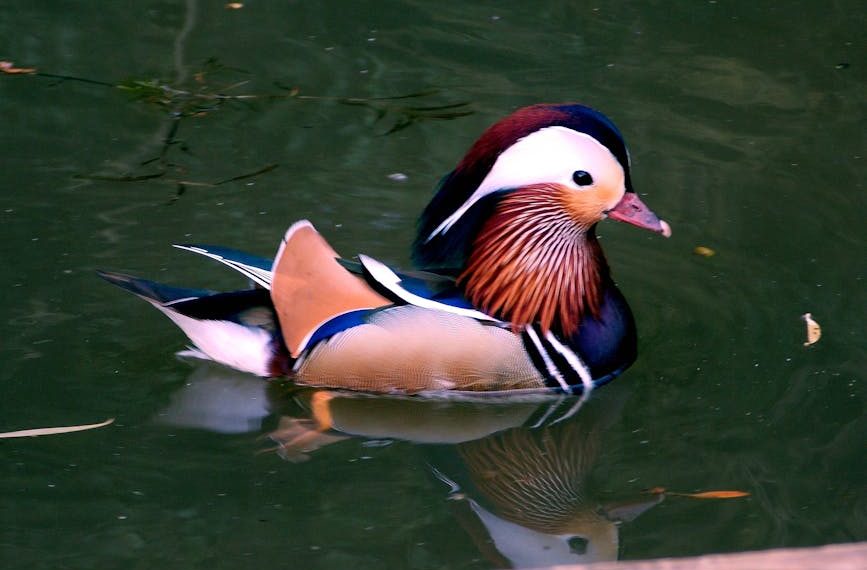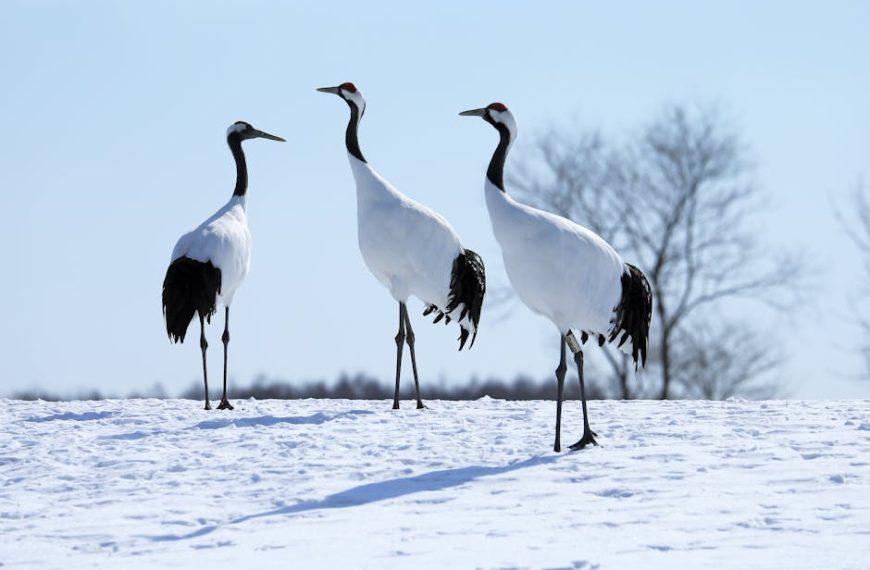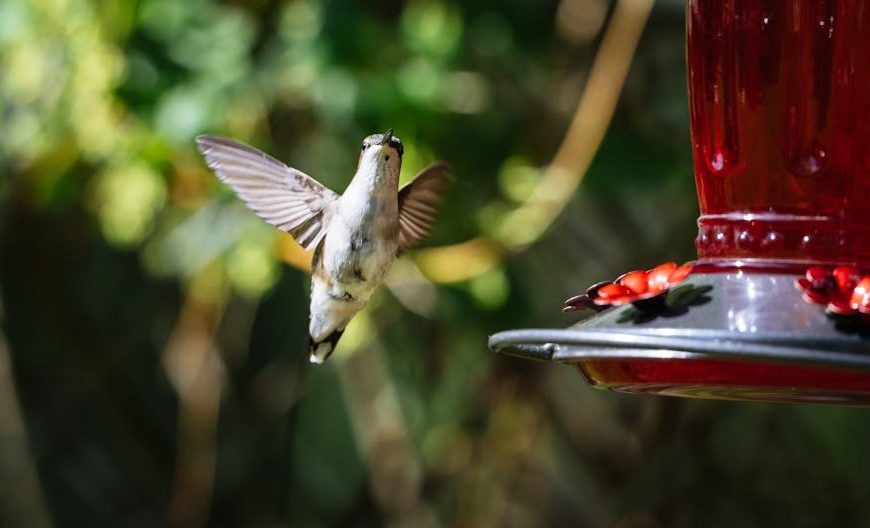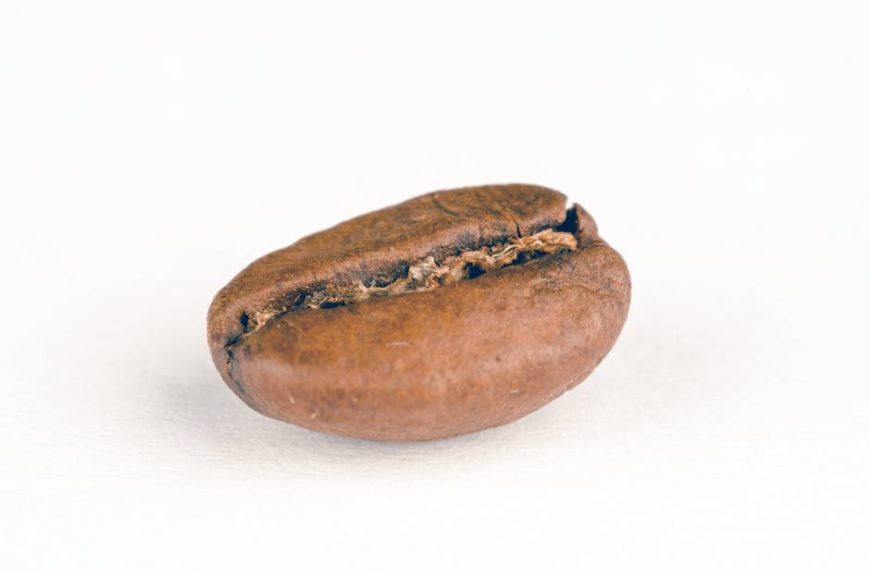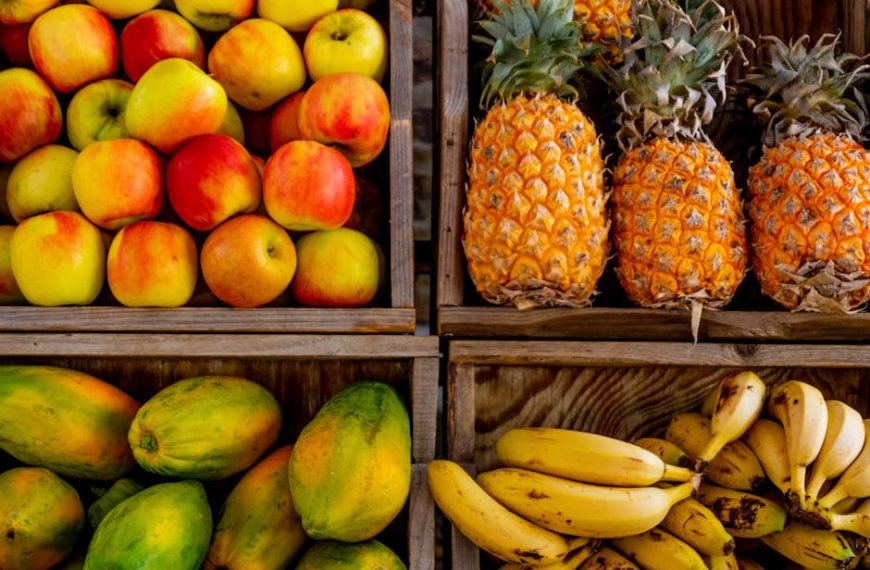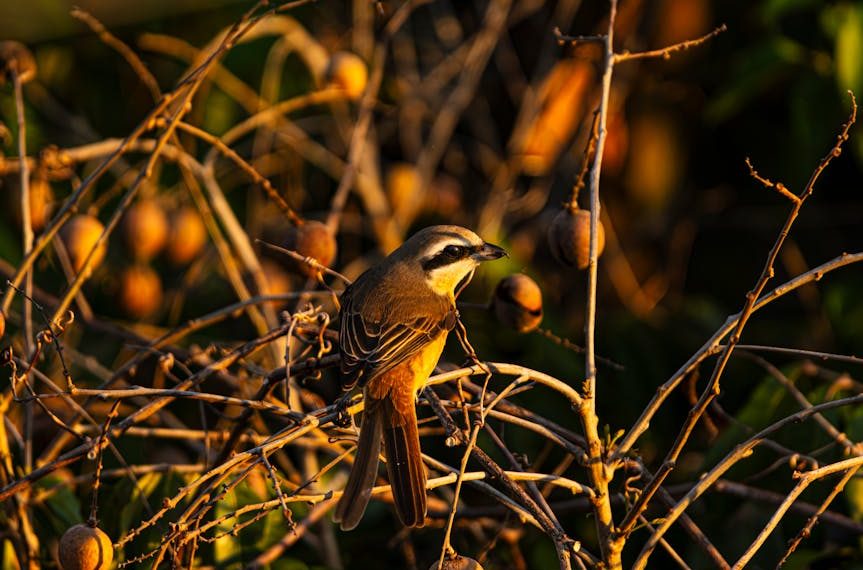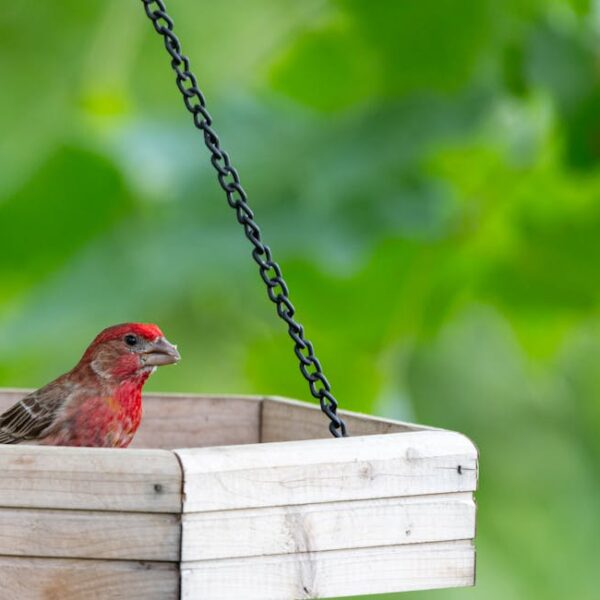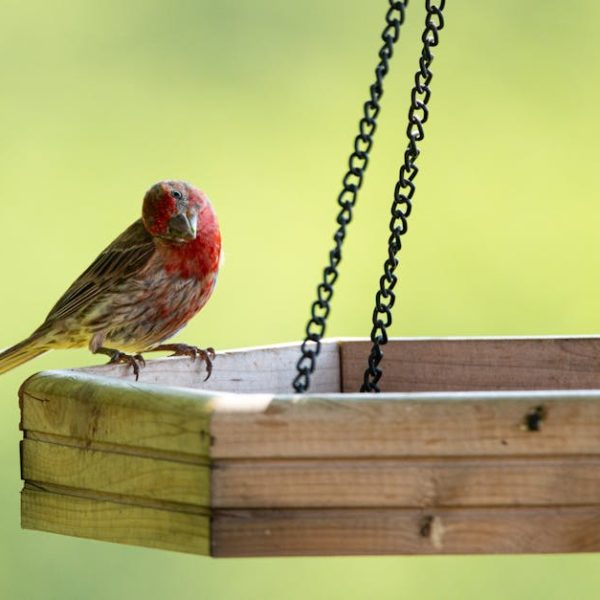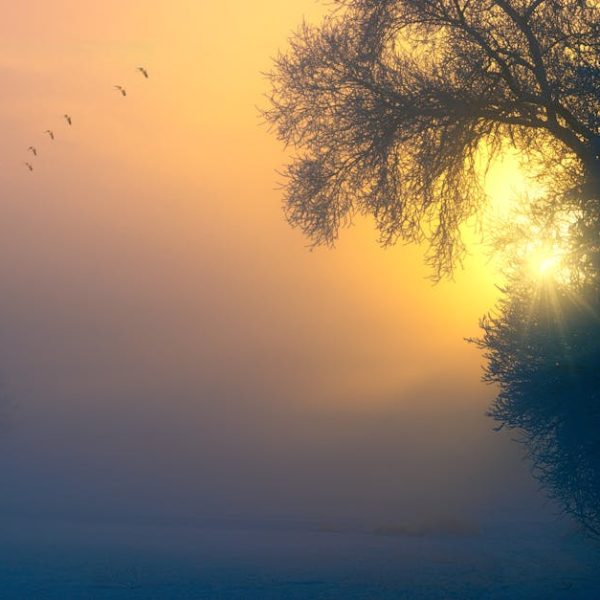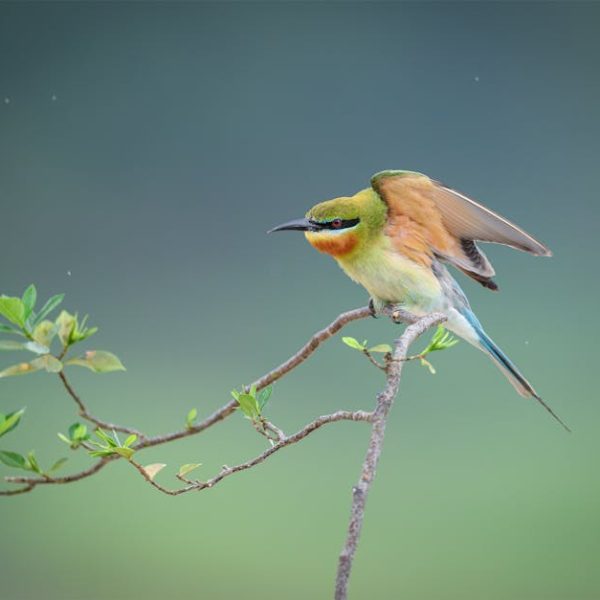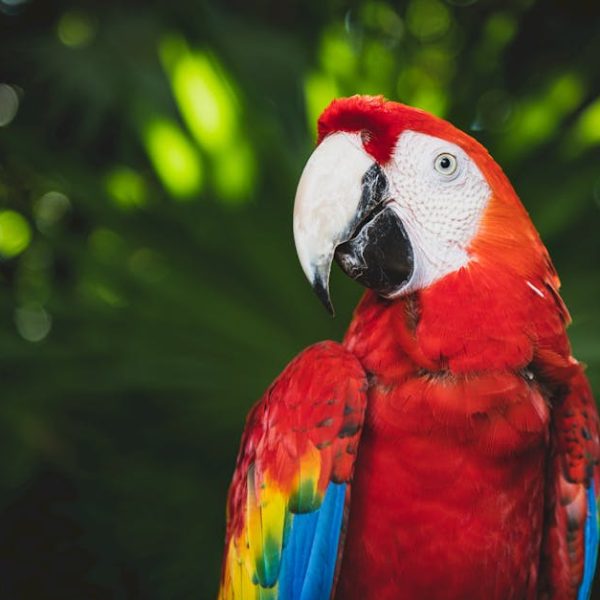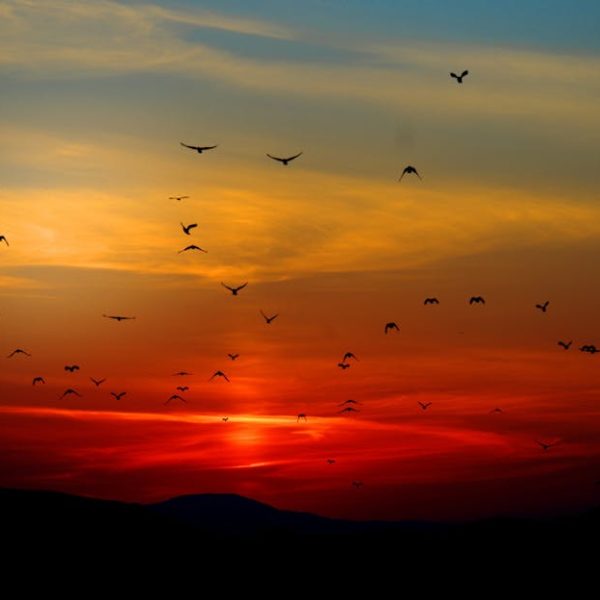Just as it is vital to humans, water is an essential component to the life and health of birds. Though these feathery companions might not guzzle down the liquid as much as we do, it plays a notable role in their survival. It aids in their digestion, cools them off, and gives them the hydration they need to go about their daily avian lives.
Birds’ Dependence on Water
Birds, like all living organisms, need water to survive, primarily due to its role in maintaining bodily functions, hydration, and cleanliness. It assists with digestion, making it easier for birds to process food and effectively absorb nutrients. Additionally, birds use water for bathing, a ritual that helps them keep their feathers clean and in good flying condition.
Various types of birds reveal a range of water dependencies. For instance, hummingbirds, small creatures with a fast metabolism, need to drink almost twice their body weight in water each day. On the other hand, desert-dwelling birds, like the Sandgrouse, have adapted to get their hydration indirectly from the food they consume. These differing needs underline the importance of understanding each bird’s specific water dependencies.
Pro tip: As a birdwatcher or caretaker, look for signs such as frequent visits to a water source or a decline in activity, indicating that a bird may be increasing its water intake.
Factors Affecting Birds’ Water Consumption
Several factors come into play when assessing how much water a bird consumes. It’s not a one-size-fits-all situation! Considerations include diet, size, species, climate, and activity level.
Birds feeding on a diet of dry seeds will have a higher water requirement than those on a diet of fruit or insects, which have high water content. Additionally, larger birds generally drink more water than smaller ones. Not surprisingly, a sweltering climate will also ramp up a bird’s water needs.
Comparatively, a Budgerigar, a small desert bird, consumes about 4-6ml of water per day, while a larger species like a Macaw drinks a substantial amount of 10-20ml daily.
✔️Best Practice: If you’re a bird parent, tailor your bird’s water provisions based on their species and needs. Make allowances for hotter weather, and ensure the water provided is fresh and free from contamination.
Average Duration Birds Can Survive Without Water
Birds generally cannot survive more than a few days without water. This is primarily due to their high metabolic rate and the crucial role water plays in digestion and maintaining their body temperature. As a rule of thumb, smaller birds with faster metabolic rates require intake more frequently.
For instance, a small bird species like a finch can only survive for approximately 48-72 hours without water, while larger birds such as parrots may survive up to a week under distress conditions. But note, these are extreme cases and extended deprivation of water can severely affect the bird’s health, behaviour and ultimately, survival.
Pros and Cons: Depriving a bird of water can have serious consequences. While the bird might survive for a few days, it’s likely to suffer from dehydration, weakened immune system, compromised feather condition and behavioral changes like lethargy or aggression. Remember, survival doesn’t equate to wellness.
Extreme Cases and Adaptations in Birds
Certain bird species have evolved to survive in arid environments where water is scarce. These birds, such as the sandgrouse or desert finch, have developed ingenious ways to get water indirectly from their food or through metabolic water – water produced internally through the metabolic processing of food.
In contrast, birds in more temperate climates, such as robins or sparrows, need regular access to water for drinking and bathing, and wouldn’t fare well in desert conditions. Their bodies haven’t adapted to produce metabolic water or extract adequate water content from food alone.
Pro tip: Birdwatchers looking for signs of water dependence variations in birds should observe feeding habits, bathing patterns, and behavioural traits linked to hydration, such as panting or drooping wings.
Responsible Bird Care and Water Provisions
Birds, whether they’re in the wild or in our homes as pets, should have access to clean, fresh water for drink and hygiene. Failure to provide this essential resource could lead to myriad health and welfare issues, from dehydration to disease.
Here are some crucial points to remember when ensuring water provisions for your pet birds:
- Regularly clean and refill water containers.
- Use a bird bath for larger birds to encourage preening and hygiene.
- For birds that enjoy baths, provide shallow dishes with room-temperature water.
- Monitor the bird’s water intake, noting any sudden changes.
✔️Best Practices: Consider using a hanging water dispenser to keep the water clean and free from droppings and debris. For bird-friendly landscaping, incorporate bird baths or water features. Also, observe your bird for signs of dehydration such as fluffed feathers, lethargy, and sunken eyes. If noted, consult a vet immediately.
Water is as vital to birds as it is to every living creature on Earth. In our care, it is our responsibility to ensure these delicate creatures have the necessary provisions to stay happy, healthy, and hydrated. So let’s keep those bird baths filled, water bowls refreshed, and habitats humid enough, observing and admiring our feathered friends as they flourish.
Key Takeaway:
- Water is essential for avian health, aiding in digestion, temperature maintenance, and cleanliness.
- Bird species show varying dependencies on water; for instance, hummingbirds consume almost twice their body weight in water each day, while desert-dwelling birds have found ways to hydrate themselves indirectly from their food.
- Factors such as diet, size, species, climate, and activity level influence the amount of water a bird needs.
- Generally, birds can survive a few days without water, but prolonged deprivation can lead to severe health consequences.
- It’s important to provide pet birds with a proper water source, observing changes in their water consumption and ensuring their water stays fresh and clean.
Being responsible bird caretakers or even birdwatchers, we must always be aware of and sensitive to a bird’s water needs. Their resilience and adaptations are fascinating, but let’s ensure that our feathered friends never have to push their limits. Keep learning about their species-specific requirements to help them stay hydrated and healthy.
FAQs
Q: How can I tell if my pet bird is dehydrated?
A: Signs of dehydration may include fluffed feathers, lethargy, and sunken eyes. If you observe these symptoms, reach out to a vet immediately.
Q: Can all birds survive without direct water consumption?
A: Not all birds have the ability to survive without direct water consumption. While some desert-dwelling birds have adapted to extract water from their food, most bird species need regular access to fresh water.
Q: How should I provide water for my pet bird during hot weather?
A: During hotter weather, ensure you provide plenty of fresh water, adding ice cubes to keep it cool if needed. You may also need to replenish the water more frequently.
Q: Can diet alterations reduce a bird’s water needs?
A: Feeding birds a diet rich in fruits and insects, which have high water content, can reduce their need for drinking water. However, they still require fresh water for hygiene and to assist in temperature regulation.
Q: Is it okay to give tap water to my pet bird?
A: Tap water is usually safe for birds, but it depends on the quality of your local water supply. Ensure the water does not contain high levels of chlorine, lead or other harmful substances. You may consider filtered or bottled water if you’re uncertain.
Do feel free to share this article with fellow bird enthusiasts and explore more posts on our website to continue learning about the wonderful world of birds.
